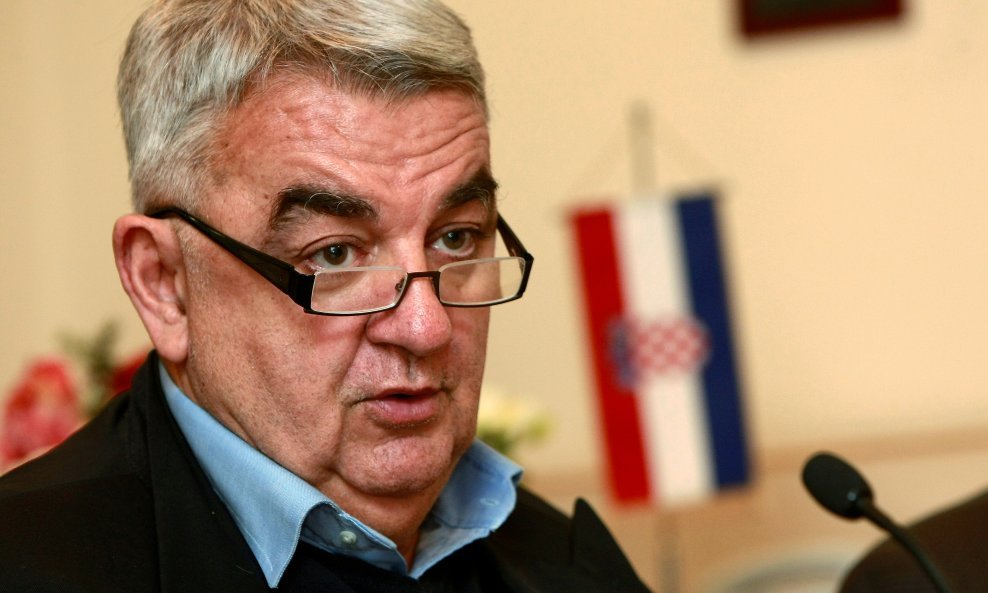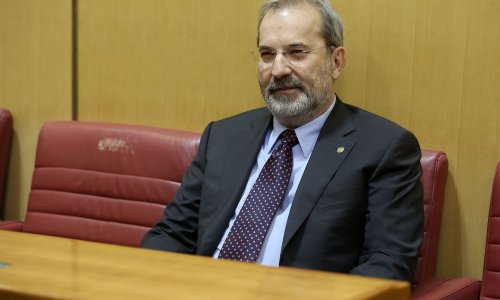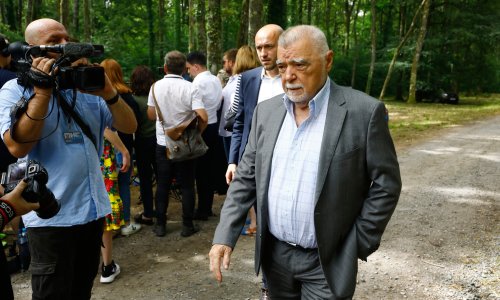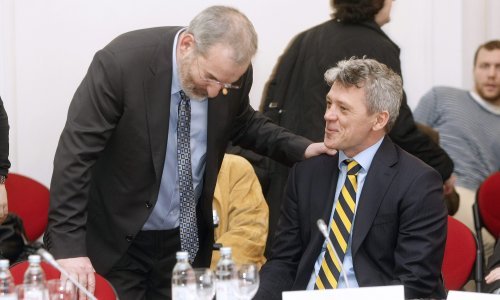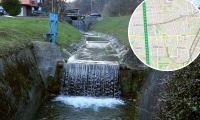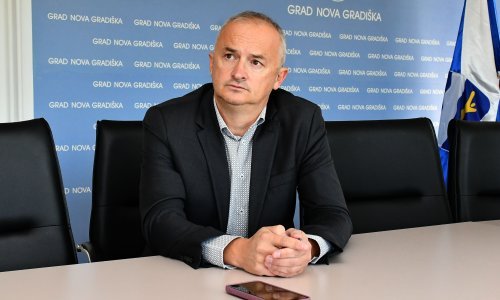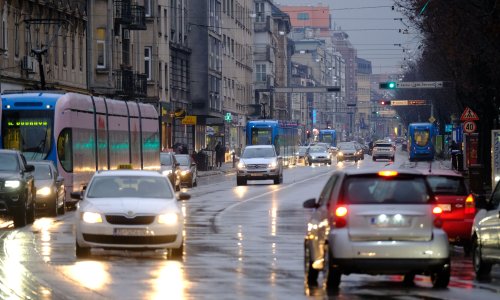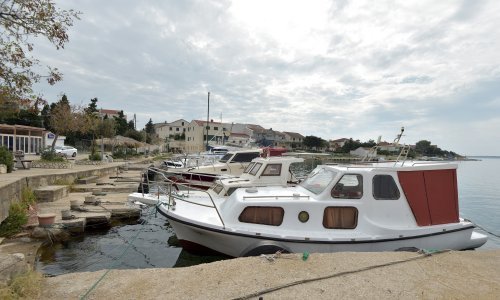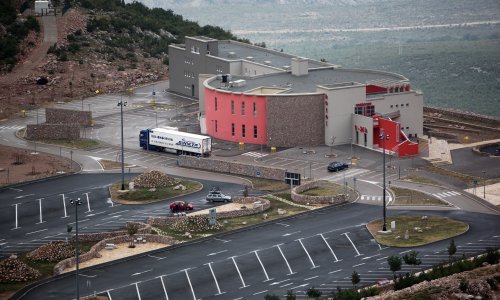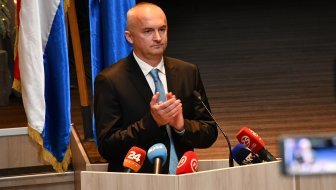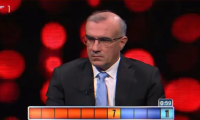The president of the Croatian Helsinki Committee on Human Rights, Ivan Zvonimir Cicak, gave a deposition at the Zagreb County Prosecutor's Office on Friday about an allegedly secret account of the Social Democratic Party (SDP) in Graz in 2002 and brought a copy of a contract from November 1995 whereby the SDP sold one-third of a property in Zagreb to Germany, claiming that by doing so, the party evaded paying taxes and laundered money.
Speaking to the press, Cicak said four crimes had been committed with that contract - money laundering, tax evasion, war profiteering, and a social crime.
The contract, which he distributed to reporters, says that the opposition SDP, as a co-owner of one-third of a plot of land and a building in Zagreb, received DEM 716,666 into its account at the GiroCredit bank in Vienna, and that Camilla Radovan from Vienna, as the co-owner of the rest of the property, received DEM 1,433,344. The building is the current residence of the German ambassador.
Cicak was summonsed by the prosecutor's office following his statement on Croatian Television that "the SDP is not clean either" and that he published an article seven years ago saying that the SDP had a secret account in Graz into which money from people who wanted the party's services was paid. Cicak also said he was pressing "public charges" so that the State Prosecutor's Office could look into his article.
Asked why he was doing this only now, Cicak said he already stated everything he knew seven years ago, when he also asked the state prosecutor why his office was not following the money trail.
Cicak dismissed the argument from the press that his charges appeared to be a response to suspicions of slush funds in the ruling HDZ party.
"That has nothing to do with the HDZ. There will be other parties, believe me," he said. Asked if he had such information about other political parties, Cicak said he spoke about that with the prosecutor's office, suggesting they investigate the money trail in all cases.
Asked which parties he was referring to, he said that "the leader of Libya's new authorities has said that former Libyan leader Muammar Gaddafi financed some parties in Croatia as well, and not only (former Croatian President) Mesic."
"As the election campaign approaches, our office is becoming swamped with non papers from people who are submitting some shocking material," Cicak said, adding that he had discussed this with State Prosecutor Mladen Bajic.
Asked if his summons to the prosecutor's office had anything to do with the forthcoming parliamentary election, Cicak said he "wouldn't go into that. That's their concern."
He was hopeful that this case would not end up as the Rijeka Markets case, calling on the State Prosecutor's Office to say what that case was about or drop the charges, which were pressed 20 months ago.
Cicak could not say if an investigation was launched into his latest accusations, but said the evidence was concrete and that he had agreed with the State Prosecutor's Office that he did not have to reveal his sources.
The SDP rejected Cicak's accusations as unreliable, saying in a statement that the contract in question showed that the party had operated in line with the law in the 1990s as well.
The party said that Germany, as the buyer of one-third of a property owned by the SDP, had to pay tax on real estate transactions and that German ambassadors in Croatia had been residing in the building in question for the past 16 years.



